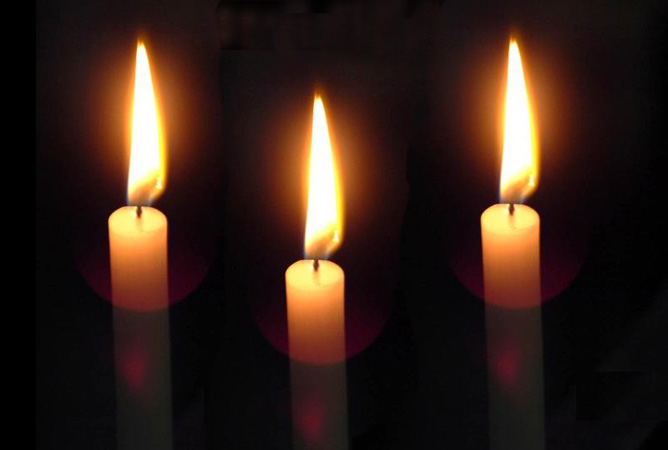Joy … this week’s Advent theme … was the conversation yesterday at Sanctuary UCC’s worship service.
How Do We Experience Joy?
Many thoughts emerged. Often, it seems, we experience joy through relationship and reciprocity. Acts of kindness can precipitate a state of joy in the one who has the opportunity to do the serving and giving. Being the beneficiary of kindness can also instill joy in the recipient. Simply sharing in conversation and reflection, belonging to community, can cultivate it. Joy came through connection to this world, to each other, and to God.
 Sometimes joy arrived through the chance to look at or experience things anew. For instance, seeing the world through the eyes of a child. Sharing insights with each other and listening to different viewpoints. Or standing on a mountain top. Looking and experiencing the world through a moment of clarity, insight, and extreme emotional impact.
Sometimes joy arrived through the chance to look at or experience things anew. For instance, seeing the world through the eyes of a child. Sharing insights with each other and listening to different viewpoints. Or standing on a mountain top. Looking and experiencing the world through a moment of clarity, insight, and extreme emotional impact.
We read a poem by Jan Richardson (link to A Way Lit by Rejoicing) that contemplated the complexity of the human heart and our capacity to hold more than one emotion at a time. The poem led to discussion about the contrasting emotions that sometimes precede or shadow joy, such as fear, sorrow, or despair. Many people at Sanctuary had experienced similar emotional messiness of their own, such as joy tinged with other difficult feelings.
Jan Richardson’s poem acknowledged that people may be afraid or sad, even at times when we also experience keen, mountain-top emotions. Her poem concludes that the promise of this season is that fear and despair do not need to be the final word. Joy, hope, peace and love … these gifts of the season are meant to be the ultimate covenant.
Scriptural Responses: What Shall We Do?
One of the pastors on Sanctuary’s staff, Rev. Fred Hayes, also looked closely at the scriptures this week. In a passage from Luke, he pointed out, people came to John the Baptist and repeatedly asked, “What shall we do?” It was a question asked by people in positions of authority and influence, people who were not popular with commoners, people who sought a new way to look at the world and make meaning in their own lives. John the Baptist had named their failings and brokenness to them, in the way prophets do, causing them to be uncomfortable and self-aware.
 “What shall we do?” We found answers in Luke’s passage, with specific prescriptions from John the Baptist for people to be ethical in their interactions with each other. To live out Jesus’ commandment and “Love thy neighbor as thyself.”
“What shall we do?” We found answers in Luke’s passage, with specific prescriptions from John the Baptist for people to be ethical in their interactions with each other. To live out Jesus’ commandment and “Love thy neighbor as thyself.”
We also focused on Paul’s letter to the Philippians, which included this recommendation,
“Rejoice in the Lord always; again I will say, Rejoice. 5Let your gentleness be known to everyone. The Lord is near. 6Do not worry about anything, but in everything by prayer and supplication with thanksgiving let your requests be made known to God. 7And the peace of God, which surpasses all understanding, will guard your hearts and your minds in Christ Jesus.”
Again, the theme of connection and relationship emerged, such as sharing your gentleness with everyone. In conversation, we interpreted this as an invitation to be more vulnerable, willing to risk connection through openness.
And yet, there was also the reminder that we’re never alone. We are invited to turn to God and ask for what we need.
At the end of that excerpt from Philippians, following those recommendations, we hear that by living with gratitude, turning over our cares to God, and being in gentle relationship to other people and the world, the peace of God will guard our minds and hearts.
As Jan Richardson’s poem and our worship conversations highlighted, we don’t escape being human. We live in challenging times. Of course, we are sad. In need of help. Feeling grieved, lost, angered, afraid, confused, and troubled.
 What we’re promised, though, is that there’s a place to go with those emotions. There’s a way to be in relationship to ourselves, other people, creation and God: with gratitude, with praise, and with gentleness and vulnerability. Such an approach can lead to deeper peace, and cultivate a state of being that guards our hearts and minds, and allows us the capacity for joy, too.
What we’re promised, though, is that there’s a place to go with those emotions. There’s a way to be in relationship to ourselves, other people, creation and God: with gratitude, with praise, and with gentleness and vulnerability. Such an approach can lead to deeper peace, and cultivate a state of being that guards our hearts and minds, and allows us the capacity for joy, too.
For this week, the final word, even in the midst of world events, is joy.





